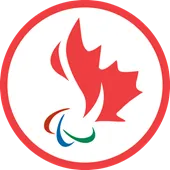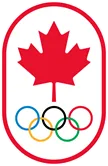“Dan has always been an empower-and-inspire based coach. He doesn’t coach athletes to follow his program just because it’s his program. He coaches them to understand what they’re doing, and why, and to be able to do it themselves.”
Haley Smith can’t begin to quantify or qualify the importance of Canadian cycling standard-bearer Dan Proulx on her career.
Or her life.
“Dan,’’ says mountain biker Smith, a 2020 Olympian, as well as a 2018 Pan Am Games bronze medallist at Australia’s Gold Coast, “is motivated by chasing dreams, potential, possibilities.
“It’s amazing to work with someone who’s motivated by performance, yes, but even more so by developing good people.
“He doesn’t get bogged down in perceived pressure to perform. It’s forward-looking as opposed to a culture that’s avoidance-oriented or fear-oriented.
“And I think that allows him to focus on the big picture, for each individual as well as the organization as a whole.”
Wise. Experienced. Approachable. Astute. Compassionate. Caring.
A veteran coach for a new age.
“Every coach has his own style,’’ says one of Canada’s greatest-ever cyclists, Catharine Pendrel. “Dan has always been an empower-and-inspire based coach. He doesn’t coach athletes to follow his program just because it’s his program. He coaches them to understand what they’re doing, and why, and to be able to do it themselves.”
Pendrel and Proulx joined forces in 2003, and during their time together she was crowned world champion in cross-country mountain biking in 2011 and 2014, collected a bronze medal at the 2016 Olympics in Rio de Janeiro and a gold at the 2018 Commonwealth Games in Scotland.
After retiring from completion in 2021, she joined the newly-installed Proulx’s coaching staff.

“Essentially,’’ she notes, “I was stepping into his old role. He was like … Was I OK with the way this program was going? In other words, putting his trust in me and letting me know that we’ll find success, even if it doesn’t look exactly the same in the way we go about it.
“For the job he’s in now, Dan has the people skills as well as the administrative skills. Both are equally important.”
Over three decades into his coaching career, the Paris 2024 Olympic Games marks Proulx’s fifth trip to the world’s largest sporting event, and first as head coach.
Proulx has always innately understood the value of listening, of compromise, of collaboration.
That’s the way he’s wired, as well, through the influence mentors such as Calgary Cascade Swim Club coach Jeff Coulter and recently retired Doc (David) Smith, former Calgary Director of Sport Science.
“I started my athletic life as a swimmer and we had Jeff, an absolutely incredible coach, at our club,’’ Proulx reminisces. “Just decades ahead of his time. And he was the one to get me interested in cycling. He was someone who recognized what people were passionate about, and said: ‘Go for it. Do things you enjoy.’ He walked the talk on that, encouraging us to go after things we were passionate about, whether that was sport or things in career and life.
“Doc is just an incredible person to work with. He’s a physiologist. Since the Beijing Olympics, he’s been my mentor and guided us on physiology but also on sport leadership because he’s been in the system for decades. I met him while I was running the cycling program at the Olympic Oval and just had a career-long relationship with a guy with so much perspective.”
While an experienced coach/communicator, he credits the influence of Own the Podium’s Pursuit program for helping polish skills he already had and in creating new ones.
“What Pursuit really highlights is that your technical knowledge is, of course, important but your people skills and leadership skills are what’ll really make or break you,’’ he explains.
“We don’t coach cycling. We coach people who do cycling. It’s kind of a change in philosophy but I think the coaches who are succeeding right now already had that type of mindset; that type of wave operating.
“The old-school coaching style, those folks have just kind of … disappeared. That style is just not relevant anymore.”
“Bringing all of the top leaders into one room, there was so much learning to be done. In my Cohort, we had a bunch of winter sport high-performance directors and coaches from completely different sides of the Olympic coin, some Paralympic leaders, the gamut. And it was really insightful to get those different perspectives and to realize that all the challenges and opportunities across the sport spectrum are the same, regardless what discipline you’re in.
“I wouldn’t say it gave me more confidence in instinctive approaches I was already using but definitely there were some things that we covered that were actually transformational - that will change the way I do things. Whether that meant learning to be a better storyteller or developing more skills for critical conversations, these were tangible practices I took away from it.”

Chief Sport Officer of Cycling Canada, Scott Kelly, felt a change in organizational set-up was needed before promoting Proulx from his long-time role as mountain bike coach to his current position, opting to implement a “hockey model” structure that had a head coach overseeing a group of discipline-specific coaches.
“Traditionally, Cycling Canada has been overly reliant on hiring coaches from abroad,’’ explains Kelly. “Nowhere in their remit did it say develop Canadian coaches: it was just ‘get us a medal’. Then those Coaches would move on after four years and we’d be out on the job market again. For me, what we’re trying to do is create a Canadian solution to a Canadian problem, which is developing Canadian coaches.
“So, Dan’s remit is kind of two-fold - be the head coach and lend his experience to our discipline-specific coaches at Cycling Canada, but also to develop the next generation of Canadian coaches and help them acquire the tools they need to succeed.”
Accordingly, when Proulx assumed his current role in late 2021 he joined a high-performance directors stream of Pursuit, not a coaching Cohort.
“We really wanted to reinforce that his responsibility is that playground-to-podium, tip-to-tail pathway,’’ adds Kelly, “and that means making sure that Canadian coaches are the best they can be.
“Dan is one of the nicest people you’ll meet. And in a world of hyper-competitive, A Type coaches focused on performance, you need someone like that. Because as competitive and as good a coach as you are, everyone has weaknesses, blind spots and they might not feel comfortable opening up to another super competitive, A Type coach about what they need to work on.
“Having a guy like Dan, who can come in and say: ‘You’re doing all these things well, but you have this area you need to work on, and let’s talk it out’ has been good for us.”
The joy of discovery hasn’t dimmed in the over three decades Proulx has spent helping athletes strive for excellence. In that aim, curiosity has always been one of his strongest assets.
“Coaching is engaging and exciting because you’re never going to truly master it,’’ he says. “There’s always something else out there to learn, new situations to sort through. And every athlete is different.
“The technical/tactical part of it is continually evolving. But people themselves are also evolving so your leadership has to evolve, too.”
“Dan has stepped into more of a 30,000-foot role now, more about developing coaching and the program, which is an interesting shift,’’ says Hayley Smith. “So, he’s definitely stretched his capacities and limits to the daily approach; instead of just focusing on the next rock along the trail he’s dealing with much larger things. So he’s changed in that way.
“Overall, though, he’s still the great Dan and all the best things about him are still there.”
For a generation of Canadian cyclists, Dan Proulx has proven to be a touchstone. One of his greatest characteristics, notes Pendrel, is that he doesn’t seek attention, believe he alone has the answers or over-complicate things as a way of feeling in charge.
“Coaching,’’ she says, “isn’t rocket science. It’s about seeing an athlete and making sensible choices. If you’re doing something mega-complicated that’s probably because you’re not that confident.
“Dan taught me really good coaching basics that became a foundation to build from, and a big part of it was being an empowering coach that gave you the confidence and self-belief to achieve what you were capable of.”
Someone to reference far beyond the competitive cycling days.
“In different times of my life Dan has helped me with mental health stuff, performance, life transitions, loss … everything,’’ sums up Hayley Smith. “And he will never not mean those things to me.
“Both of us really love bikes but it doesn’t really matter what we’re doing as long as we’re engaged in the pursuit of some type of excellence and potential and doing it with good people.
“That just happens to be what he’s interested in. And what I’m interested in. Could’ve been piano or, I don’t know … crochet. Anything. Name something.
“But it’s bikes.
“We no longer work together in the same capacity because I’m not pursuing the Olympics any more but he is still the person that I go to for…whatever.
“He’s such a powerful coach and has had such a huge impact on my life,” she says with a laugh. “So, whether he likes it or not, he’s stuck with me.”

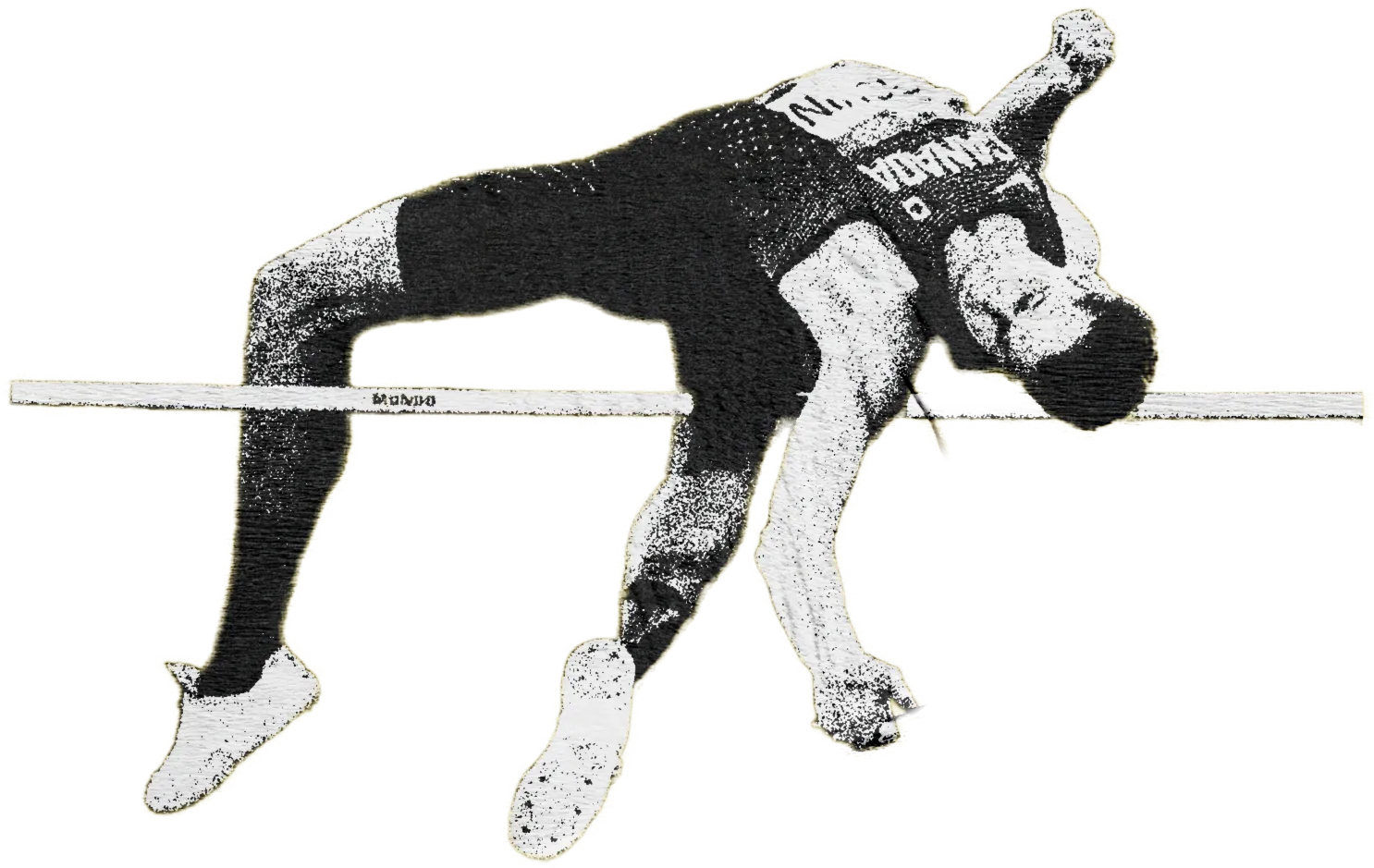
.webp)

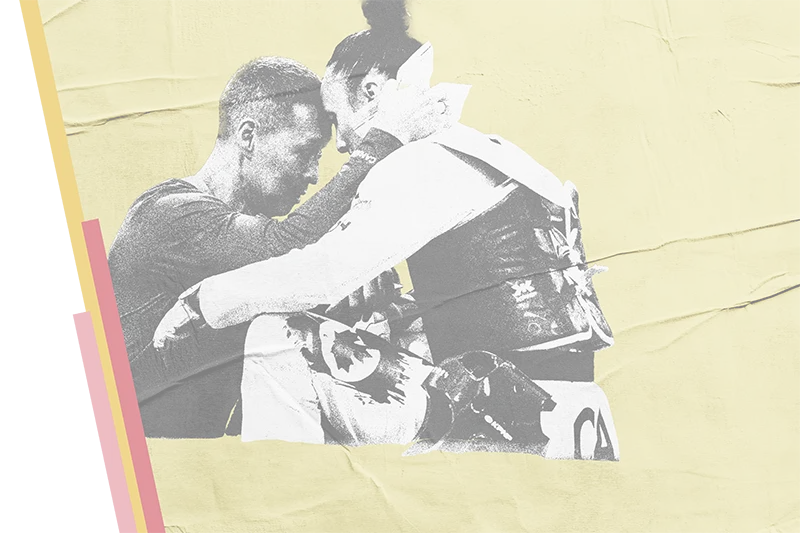
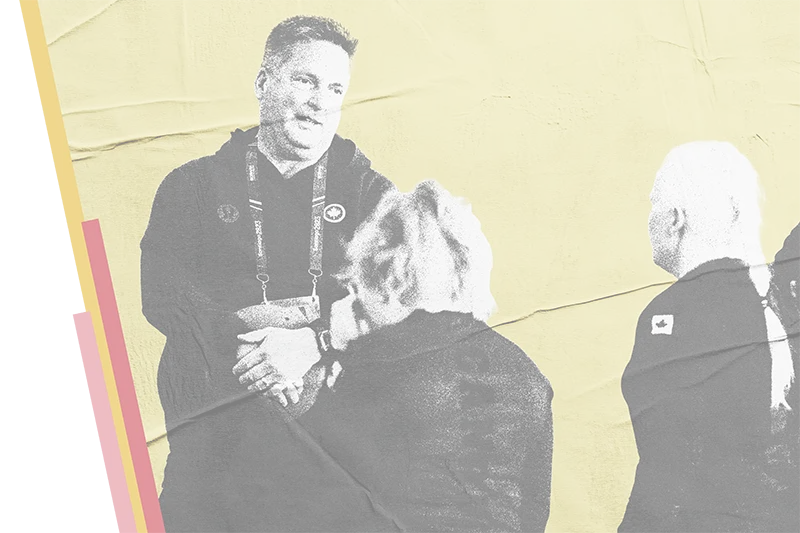
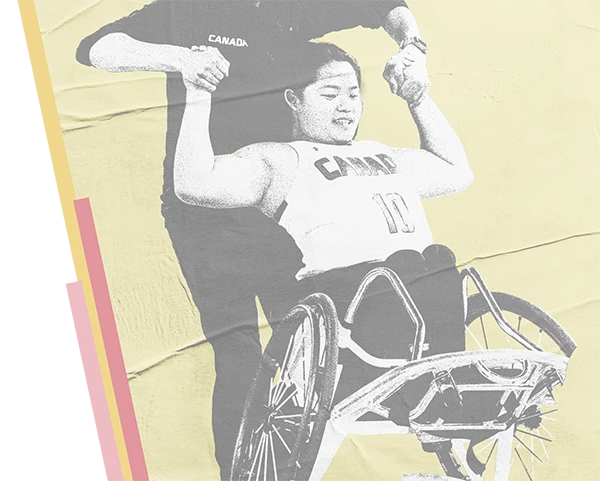
.webp)

